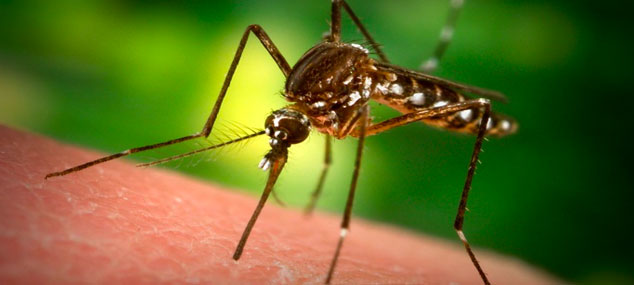
The North Coast Public Health Unit is reminding residents and visitors to protect themselves from being bitten by mosquitoes following the heavy rain across the North Coast.
Assistant Director North Public Health Unit, Greg Bell, said recent rainfall and warm weather mean mosquito numbers are increasing.
“As our coastal areas are expected to see higher number of mosquitoes, it’s a timely reminder for people to take simple steps to avoid being bitten,” Mr Bell said.
“Ross River and Barmah Forest viruses are transmitted by infected mosquitoes that breed in flooded, grassy and swampy areas and around waterways.”
Steps to avoid being bitten by mosquitoes include:
- When outside cover up as much as possible with light-coloured, loose-fitting clothing and covered footwear.
- Use an effective repellent on all exposed skin. Re-apply repellent within a few hours, as protection wears off with perspiration. The best mosquito repellents contain Diethyl Toluamide (DEET) or Picaridin. Those containing oil of lemon eucalyptus also provide adequate protection.
- Using mosquito coils outdoors and vaporising mats indoors to repel mosquitoes from an area. Devices that use light to attract and electrocute insects are not effective.
- Cover all windows, doors, vents and other entrances with insect screens.
- When camping, use flyscreens on caravans and tents or sleep under mosquito nets.
“To reduce areas for mosquitoes to breed around your home, clean up your yard and remove all water-holding rubbish, regularly flush out pot plant bases, keep house guttering clear, and make sure openings of septic tanks and water tanks are covered and screened securely,” Mr Bell said.
More information about mosquito-borne infections is available on the NSW Health website at: http://www.health.nsw.gov.au/Infectious/factsheets/Pages/mosquito.aspx